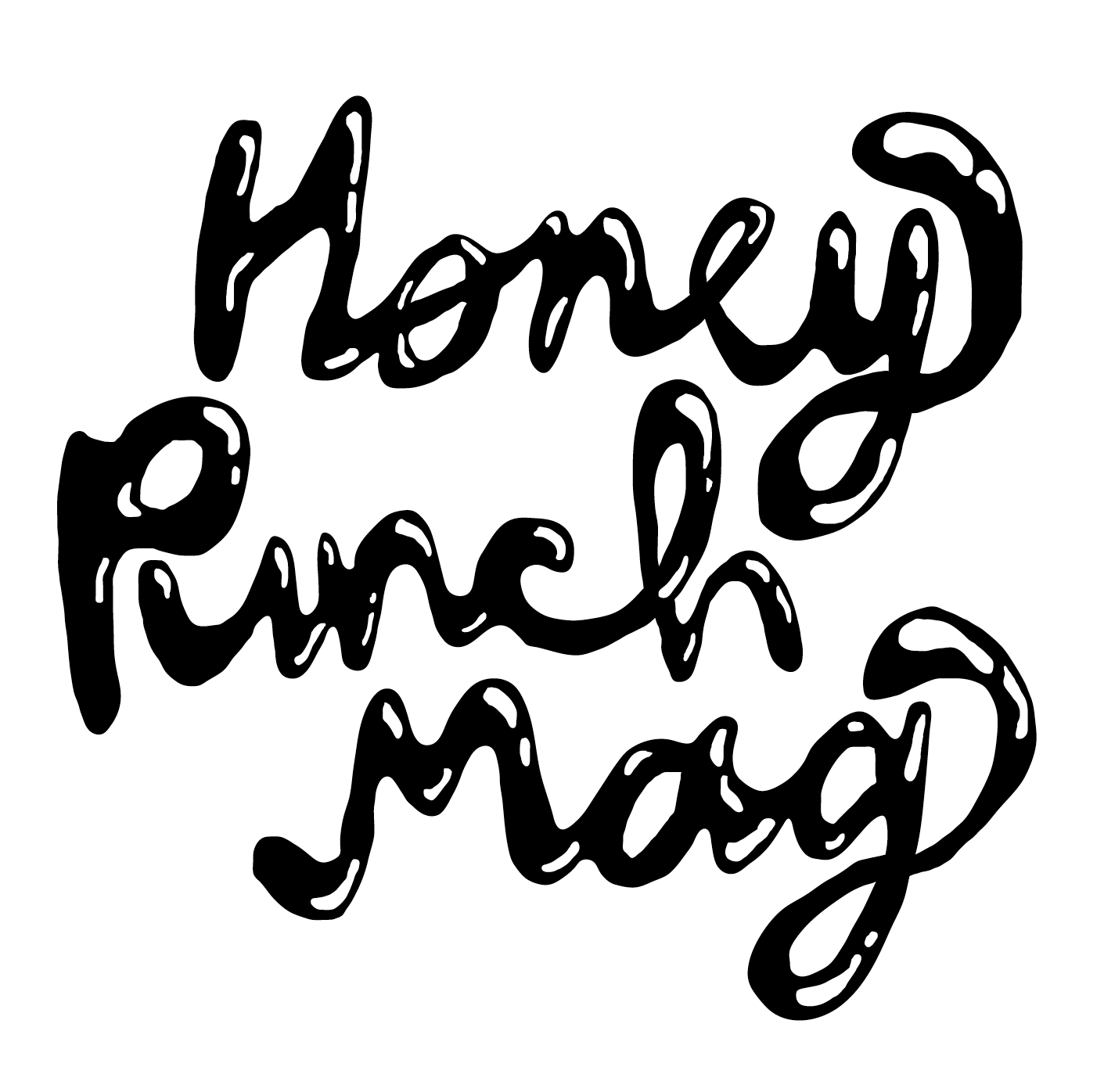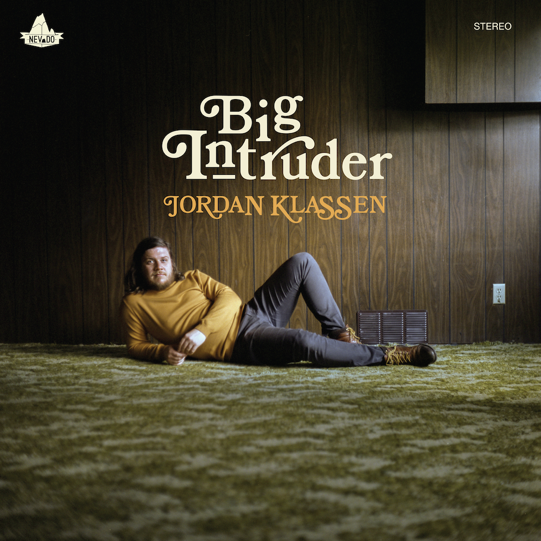Jordan Klassen
Meet chamber folk-pop Vancouver based singer, Jordan Klaassen. Jordan released his newest album, Big Intruder, in September and we're lovin' it. We picked his beautiful mind for a bit about his tunes, his influences, and how he's evolved over the years.
Big Intruder is finally out! How does it feel to finally get new music into the world?
It's really nice, and kind of relieving in a weird way. In the music industry releasing a new record can often feel like launching a new product, and I've been really conscious of avoiding that thinking this time around. It's great to know that folks are just hearing these songs that I'm really proud of.
I wanted to reflect on the 'singer-songwriter' genre when I was making this record. The term has come to be associated with dreadlocks and shitty coffee shop open mics. But its history is actually really robust. I started with the greats - Leonard Cohen, Kate Bush, Paul McCartney, Harry Nilssen. I also spent a lot of time with current singer-songwriters who are defying the stereotypes today - Andy Shauf, Gregory Alan Isakov, Angel Olsen, Sufjan Stevens.
When listening to your music, tons of folk and indie artists come to mind. Who are your biggest musical influences and how have they affected your style?
For this record I made a conscious effort to put my folk influences aside and focus on more pop and band-based influences. I'm realizing though that in my heart there will always be some folk that casts its light on everything I do. This is from artists like Nick Drake, Sufjan Stevens, Paul Simon and Simon & Garfunkel, Joanna Newsom. I also grew up listening to U2 and Abba and Enya and I think they are also deep in my psyche.
How has your musical style evolved since the release of Tempest and Winter in 2009? How has it stayed constant?
I think the evolution has been in engaging with more complexity and using orchestration to build energy and add depth. It's hard to say exactly what I've been evolving toward. I know that writing now is a lot more painful and there are a lot more walls and barriers that I have to push through. It's probably from knowing more and caring more and being very aware of my own strengths and weaknesses. That's probably an evolution in itself. I think that one constant (which is also a strength of mine I think) is that I've always tried to make songs that feel like they are establishing a setting, something cinematic that invokes imagination.
You’ve been involved in the music scene since 2009. How has it changed for you since you began gaining a following eight years ago?
I think on a personal level it's changed for me in that I've become truly, deeply convinced that caring about commercial success and status utterly destroys creativity. When I started everyone was like 'you have to be a business person and entrepreneur too!'. And so I've spent a lot of time treating my songs like they're a product, but it just drains all of the joy. So that is something I've learned. I think the scene itself has changed in that artists are becoming more and more imaginative about what a career in music could actually look like. For me and a lot of the people around me there were just a few narratives of potential success when we started. I see more and more folks (myself included) who are less interested in fame and fortune, and more interested in just cultivating a creative life where they can make ends meet and continue to hone their craft. This was once seen as settling, but now I feel like it's just looking for what's actually life-giving.

